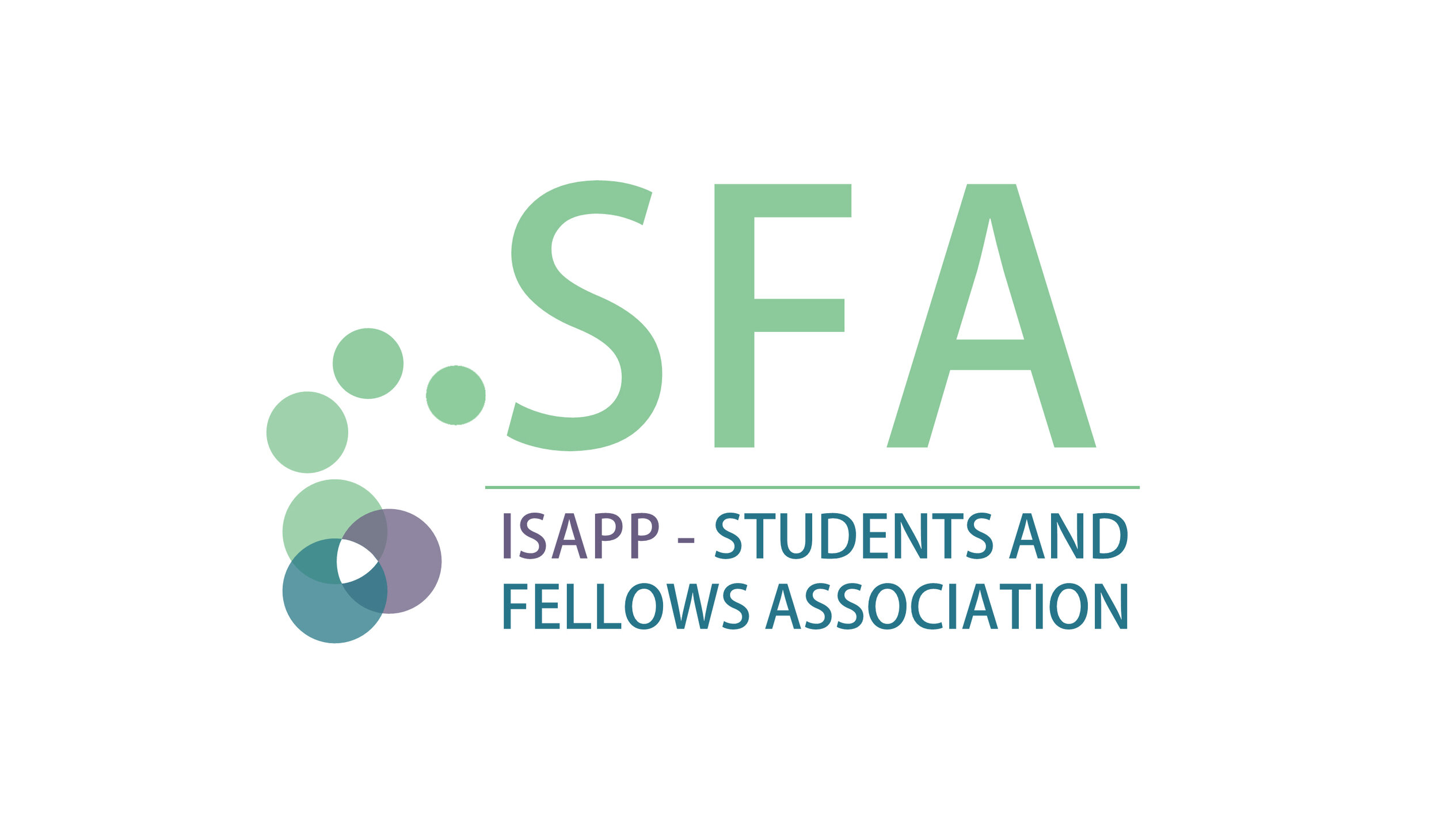My experience starting graduate school featuring COVID-19
By Shaeley Gibbons
Being a new master’s student makes it difficult to fully evaluate how COVID-19 has affected my graduate school experience. I started graduate school on September 01, 2020, four months after my planned start date. In the beginning, much of my work centered around planning for upcoming experiments - a task I could mostly complete at home. Being new to this experience, it was unclear the challenges the pandemic had caused. I thought my greatest limitation would be not having a chance to develop valuable skills formed through in-person experiences such as networking and learning to communicate my research at conferences. However, the more time that goes on, the more I understand the depth of unique challenges I stand to face.
Shaeley Gibbons, First year MSc Student studying Microbiology & Immunology at Western University.
The COVID-19 pandemic has taken a significant toll on the scientific community and human health, not only directly, but it has also largely impacted the research community indirectly. Specifically, the fear of viral spread has forced the postponement of 'non-essential' clinical trials. Meaning, not only are many ill individuals not receiving treatments that may improve their quality of life, but for myself (and many other researchers) there are no clinical samples available to conduct research. Importantly, since I am a new researcher and the clinical trial I am working on had not started before the pandemic, I do not have retrospective samples to work with either. This challenge comes with no timeline of when non-essential clinical trials will resume. So, I ask myself: Do I change my project direction? If so, am I set back a semester because my planning does not apply to the biological samples available to me? Suppose I chose to continue with my planned methods by utilizing a sample population available to me. Will my results be as impactful to the scientific community as my original plan? If I decide to wait, will ‘non-essential’ clinical trials begin before I finish my masters? Is the risk worth the benefit?
Along with this challenge, I must be mindful of the availability of supplies required for my experiments when planning as the pandemic has caused a large backorder of research supplies. Unfortunately, being a new researcher, in my opinion, amplifies this challenge as I must make estimates of the supplies I require without having ever conducted the experiments before. Therefore, I have relied on my peers' advice to help with my success, whether it's estimating how many supplies I will require or suggesting alternative experiments given the supplies I need are unavailable.
I can’t count how many times I’ve heard, “you will learn mostly from your peers in graduate school.” Knowledge comes from receiving information but becomes stronger by teaching and demonstrating to others. Currently, we can only be in the laboratory when necessary; limited people can be there at once (socially distancing, of course), in addition to all the other regulations that keep us safe- making it *virtually* impossible to be trained by others. The areas I used to wind down have now become where I work my butt off - my brain is confused. I’m overwhelmed but surviving; it’s the stress that pushes me to thrive. Frankly, it’s nothing special that COVID-19 has affected my graduate school experience. It’s affected everyone; it’s impossible to have not.
Although these challenges may make my experience more difficult, I am fortunate to have a supportive environment that will enable my success throughout graduate school regardless of the circumstance. I look forward to conducting my experiments and obtaining results regardless of the limitations I face. I hope for a future where I can build relationships with my peers and gain valuable skills that better my scientific communication through in-person events. In the meantime, I work hard to gain as much experience as possible, includes utilizing the virtual experiences and resources available.

